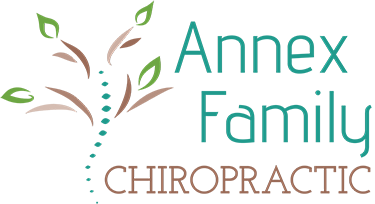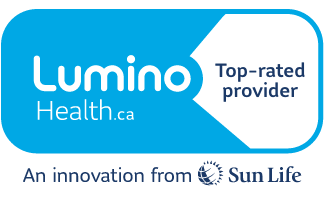When you understand this key difference, it’ll empower you to make clearer choices for your health.
What is it?
The mechanistic vs. the vitalistic approach to healing.
Typically medical doctors are mechanists. They view the body as a sort of biological ‘machine’ with a series of parts, each requiring their own attention. A cardiologist looks after your heart. A neurologist looks after your nervous system. A gastroenterologist deals with the digestive system. And so on and so forth.
A typical (but thankfully not always) medical intervention can involve drugs or surgery to repair, or even remove a ‘faulty’ part. While there most certainly is a place for this in emergency care, it often doesn’t get to the root of the problem.
A vitalist, on the other hand, sees the body as an integrated whole – some call this an holistic approach as well.
And as an organism that possesses “innate intelligence” – an inner instruction manual guiding the body’s ability to heal itself, and a desire to be whole and well. Vitalistic care seeks to restore this mind-body connection so you’re able to function at optimal levels. As such, it goes beyond merely masking symptoms and declaring you ‘healthy’ when symptoms are gone.
This category includes acupuncturists, homeopaths, and naturopaths, and certainly chiropractors.
Yet chiropractors can be both vitalists and mechanists.
Some chiropractors focus on finding out where the nervous system is blocked and communication is hindered. Removing these blockages (known as subluxations) lets the brain guide the body to heal itself. When you take your foot off a garden hose, the water flows freely. Similarly, without interference, nerve signals can get to where they need to be, on time, so the body thrives.
Other chiropractors will mostly pay attention to the mechanics of the spine, wanting to ensure better movement for joint-based pain.
I see myself as a scientifically based combination of both.
I like to be thorough in assessing what’s holding you back from having the health you want, and I let the diagnosis decide the course of care.
Here’s why this is important for you:
Most people have no idea what it feels like to be truly healthy.
The difference between having the flu and not having it is obvious. But what is true health? Let’s look past this whole pandemic now. How is it you want to feel? A lot of painful conditions like body aches and headaches are common but not normal.
There’s an important distinction there.
A healthy person tends to have drastically less sleep issues, skin rashes, dandruff, depression, colds and flus, aches and pains, heartburn, and stress. A truly healthy person is full of energy, motivation, and vitality!
Ask yourself:
If you had all the confidence, clarity, and energy you desire…
How would things change for you?
What would this let you accomplish, or enjoy?
And if the recent crisis has taught us anything, it’s that relying on public health policy is risky business. Each of us is going to have to take responsibility for our own health and wellbeing if we want the chance to thrive.
That’s what I have for today.
Hope it sinks in!
Sincerely In Health, and Happy Canada Day!
Dr. Josh
P.S. We are open, here is our current schedule:
Monday: 9:30 am – 12:00 pm (afternoon shift coming very soon again!)
Tuesday: 3:00 pm – 5:45 pm
Thursday: 3:00 pm – 5:45 pm
Friday: 9:30 am – 12:00 pm


